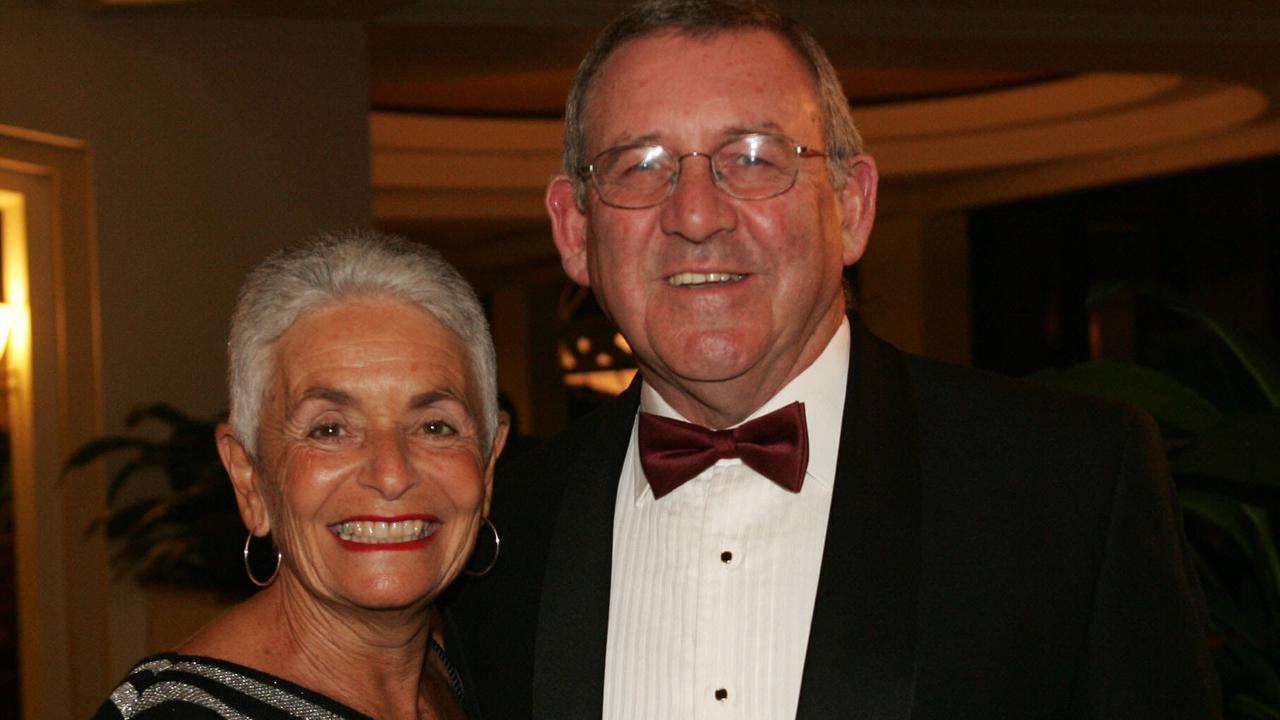Anguish as parents urge teens to seek help after losing 19-year-old son to suicide
He was charming, intelligent, charismatic and had the whole world at his feet. But this 19-year-old man took his own life because of his “invisible illness”. Now his mother has spoken out about her unfathomable loss.
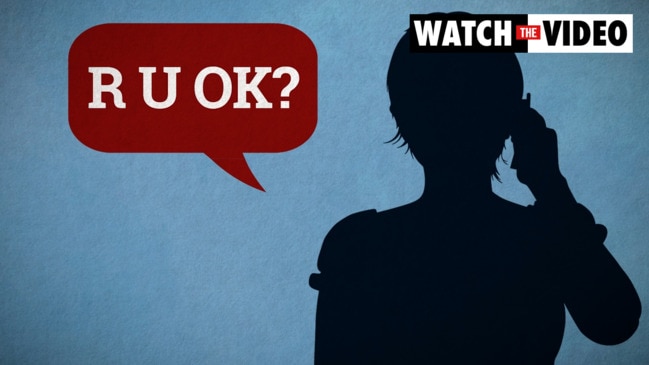
Sun Community
Don't miss out on the headlines from Sun Community. Followed categories will be added to My News.
REACH out, reach out — that’s the message to parents and those struggling with depression from a mother who has faced every parent’s worst nightmare — losing a precious son to suicide.
Her appeal coincides with national concern about youth suicide rates — particularly among males — and the allocation of $461 million in the Federal Budget for youth mental health and a suicide prevention strategy.
Mary and Patrick Sutton, of Gilston, lost their son, Joseph, in August 2013. He was 19.
While the latest funding may be too late for their family, their devastating experience and their raw message about preventing suicide is timely.
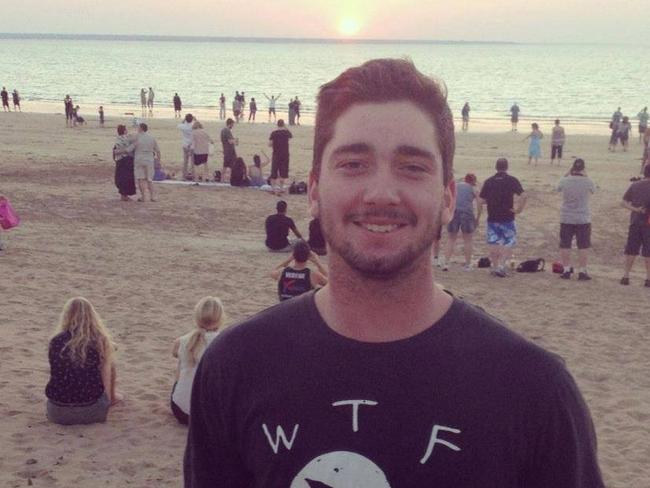
“Looking back now and after more than five years of reflection, I realise there were some signs,” Mary said. “I would never have gone to bed that night had I thought my son was in any danger.
“That was the last time I saw him alive.”
Joseph had been diagnosed with Crohn’s disease three years earlier, but appeared to be coping.
“He had no history of mental illness, nothing at all — no anxiety or depression,” his mum said. “He had his whole life made but deep down, he had an invisible illness that he was hiding. We didn’t see it and neither did his close mates.”
NEW MENTAL HEALTH PLAN TO SUPPORT YOUNG MEN
She said she never, ever thought her child would contemplate suicide
“Never think your child will never do it. Never underestimate the power of the mind,” she warned other parents.
“His death was the most traumatic experience and I never want another parent to go through what we have.
“My heart still aches that he made a decision without giving us the opportunity to support him through that difficult time. He saw it as a way to end his pain and not to be a burden on us.”
After his Crohn’s diagnosis at the age of 16, Joseph had to undergo surgery.
“It was a lot for him to deal with at the start of his prime years — he was learning to drive, playing footy, chicks were awesome and he was hanging with his mates,” his mum said.
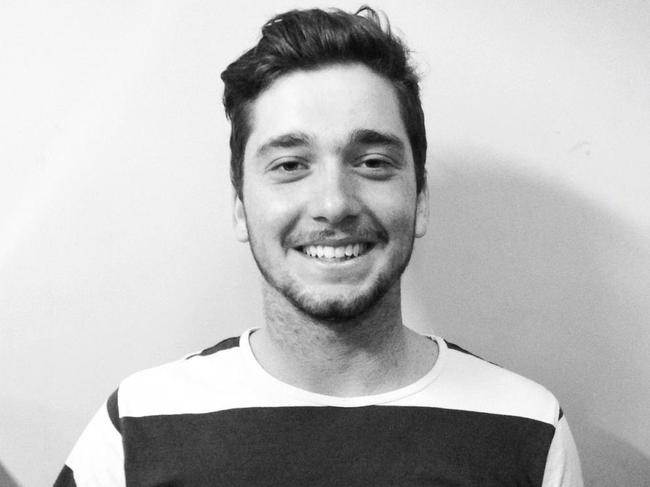
“He took it all pretty well, never said too much and didn’t want a fuss made about him. He didn’t speak to his mates about his Crohn’s disease and what it meant to live with it.
“He would take himself to emergency when he was in a bad flare-up, worried or scared. He wouldn’t tell us because he didn’t want us to worry about him.”
Mary said her son was very witty, the life and soul of a party, and a good friend who counselled his mates going through tough times.
At the time of his death, he was playing footy, taking flying lessons to become a pilot and working with his dad.
MENTAL HEALTH NURSES ON THE FRONTLINE OF EMERGENCY SERVICES
“He had charm, looks, intelligence and a beautiful heart. He would try and maintain his normal life with his mates but he physically couldn’t,” his mum said. “He was at a very awkward age, especially among males, to discuss his mental and physical health.”
Days before his death, his Crohn’s flared up while the family was visiting Victoria where Joseph didn’t have his usual direct line to a gastroenterology nurse and a gastroenterology team on the Gold Coast.
“Joseph was handling it his way — as he had done many times before — but he started to lose his appetite and was struggling to sleep,” Mary said.
“Sleep deprivation is dangerous and he was a bit agitated, anxious at times. His mind was in overdrive.
“Then, the day before (his death), he was distant. This is when I believe the Black Dog (depression) had come to live in his head and he seemed calm.”
Since Joseph’s sudden death, his parents and sister, Emilia, 26, have had to deal with a rollercoaster of raw emotions.
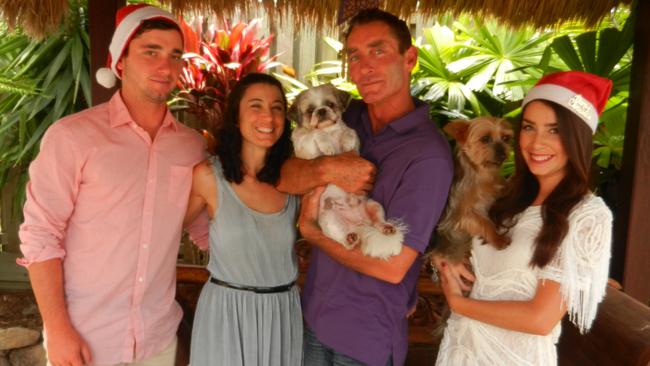
“It’s been five years, so we are doing better now and we’ve had a bit of a positive shift this year,” Mary said.
“We are forever heartbroken but we have to look forward. We can’t look back. We can’t change what’s happened. We believe we did our best as his parents.”
SUBSCRIBE TO THE BULLETIN FOR JUST $5 A MONTH FOR THE FIRST THREE MONTHS
However, the struggle to manage is clearly ongoing.
“Every day is a new day and we have to reset our minds every day to go again. It’s a daily thing, which is important for us and a lot of people,” she said.
“I have two messages I want to share: Reach out and reach out.
“If you notice change in someone, reach out and ask them if they are OK and what’s happening in their lives. Chances are they need to share their stories and that could be the positive, life-changing conversation they need.
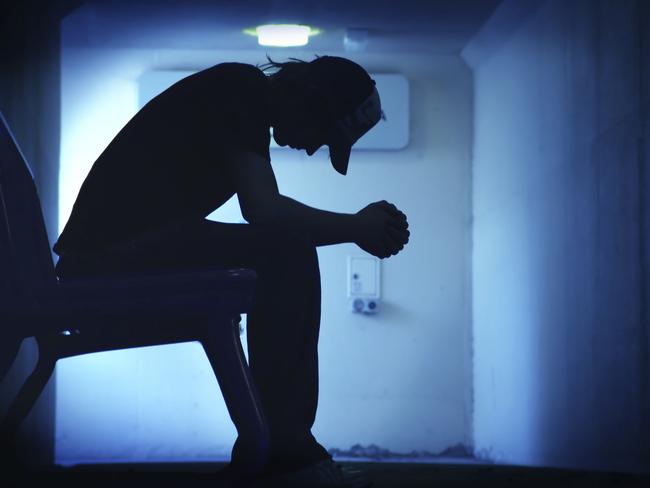
“And if you’re going through some challenging times, feeling flat and overwhelmed, reach out. Sharing what you’re experiencing will take the weight off your mind,” she said.
“You can’t see past your thoughts and your dilemmas on your own. When you’re fighting your mind, you leave yourself vulnerable for the Black Dog to visit. Seek help and use the many available support groups and help lines.”
SCHOOLIES MENTAL HEALTH ISSUES ON THE UP
After Joseph’s death, Mary founded the Gold Coast Crohn’s and Colitis Support Group in honour of her son and under the auspices of Crohn’s & Colitis Australia.
The target group is young men who are encouraged to talk about their journeys.
“Talking is critical in managing the disease as the mental side can very quickly take over when you’re feeling so unwell,” she said.
For more details, visit crohnsandcolitis.com.au and click on the support group link. Read more about Joseph’s story and others affected by depression on livin.org.

